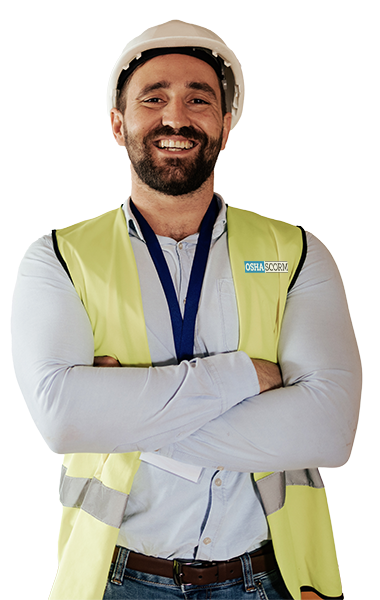Design and Operation of Ammonia Evaporators, Condensers, and Controls Training
Ammonia refrigeration systems are the backbone of industrial cooling, and evaporators and condensers are the engines that keep them running.
This comprehensive training course on the design and operation of ammonia evaporators, condensers, and controls provides detailed insight into these essential components,
equipping learners with the knowledge and skills to optimize their performance, troubleshoot problems, and ensure smooth operation when working with ammonia refrigeration systems.
By understanding the fundamentals regarding the various types and uses of evaporators, condensers, and controls, learners will gain the ability to maximize efficiency
and capacity within an ammonia refrigeration system. The course also covers preventative maintenance practices, associated hazards, and safe work practices,
empowering learners to identify and address common component issues before they lead to costly downtime or result in workplace catastrophes.
With this training, learners will be well-positioned to extend the lifespan of valuable ammonia refrigeration equipment and ensure its continued effectiveness
and safe use in the workplace.
Who Needs Design and Operation of Ammonia Evaporators, Condensers, and Controls Training?
This Design and Operation of Ammonia Evaporators, Condensers, and Controls Training course is indispensable for professionals across various industries, including:
- Chemical engineers
- HVAC technicians
- Industrial safety specialists
- Process engineers
- Facilities managers
- Maintenance supervisors
- Environmental engineers
- Refrigeration technicians
- Compliance officers
This specialized training equips individuals with the knowledge and skills necessary to understand the operation, maintenance,
and safety considerations of evaporators and condensers. By gaining insights into these critical components of industrial processes and systems,
professionals can enhance workplace safety, optimize equipment performance, minimize environmental impact, and ensure regulatory compliance.
Whether designing processes, maintaining facilities, troubleshooting issues, or overseeing safety protocols,
proficiency in handling ammonia refrigeration systems is essential for professionals in diverse roles to contribute effectively to their organizations' success.
This comprehensive Design and Operation of Ammonia Evaporators, Condensers, and Controls course equips you to become an expert in these critical components of industrial cooling systems. Upon completion, you'll be able to:
- Define the role of an evaporator and explore different types, including flooded and dry expansion systems, with a clear understanding of their strengths and weaknesses.
- Identify factors influencing evaporator heat transfer and discover the crucial role of Controlled Pressure Receivers (CPRs) in this process.
- Grasp the importance of ice defrost systems and understand different methods like hot gas defrost, soft hot gas defrost, and alternatives like electric, water, and continuous defrost approaches.
- Explain how a condenser works in different systems and differentiate between air-cooled, water-cooled, and evaporative options.
- Demystify the operation of evaporative condensers, identify their key components, and learn how to choose the right one based on functionality.
- Gain best practices for maintaining and ensuring the safe operation of evaporative condensers.
- Describe the purpose and operation of various control valves in refrigeration systems.
- Understand ASHRAE and ASME standards for installing and setting safety relief valve pressure in ammonia systems.
- Learn key considerations when choosing valves and identify the differences between various shutoff valve types and their applications.
- Learn about the advantages and limitations of both mechanical and electronic methods for monitoring liquid levels in refrigeration.









